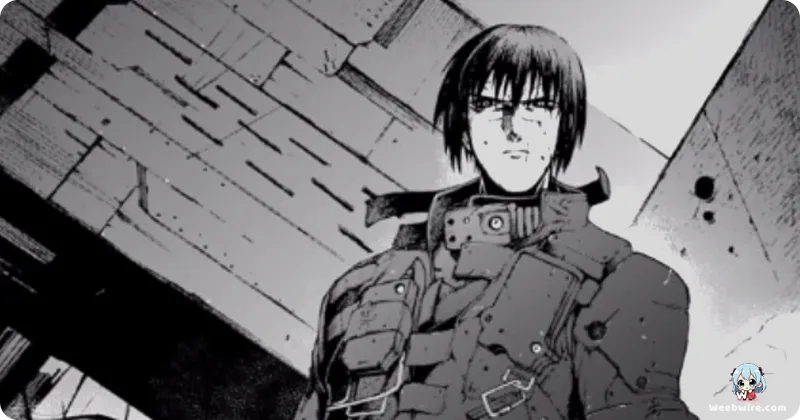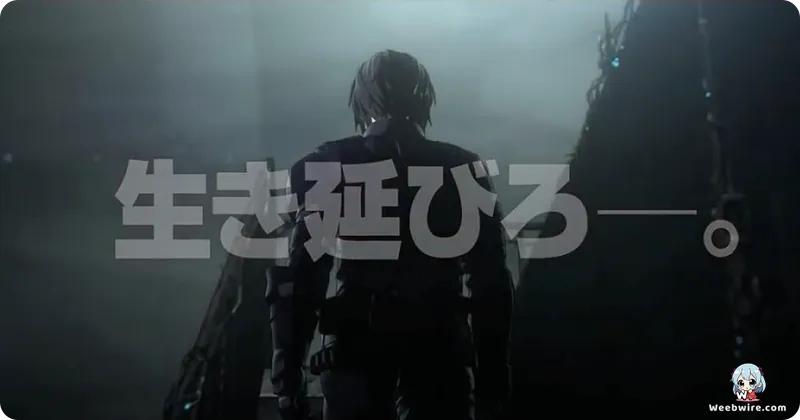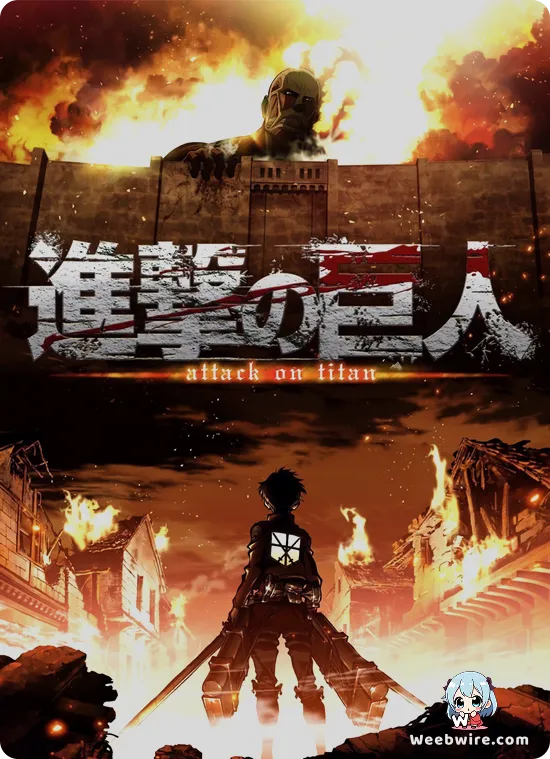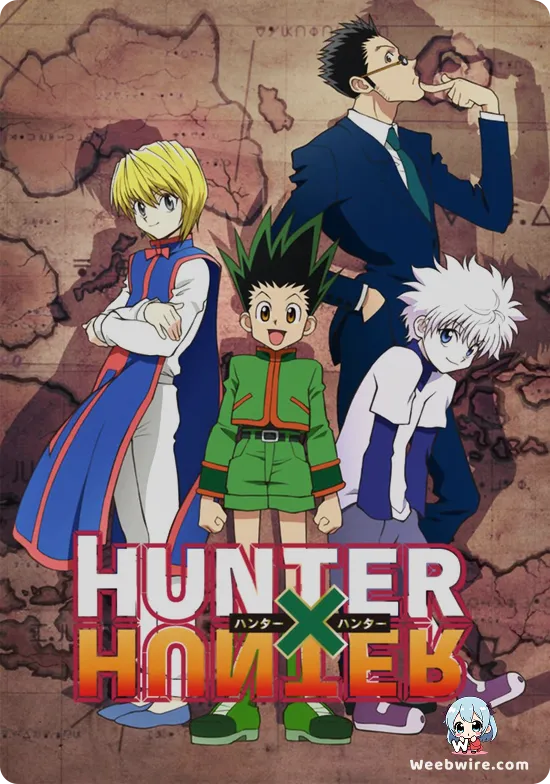Polygon Pictures' BLAME! The Movie: A Masterclass in Sci-Fi Adaptation

The 2017 anime film BLAME! stands as a monumental achievement from Polygon Pictures, masterfully adapting Tsutomu Nihei's notoriously dense and visually abstract manga. This work was previously considered almost unadaptable due to its sprawling architectural landscapes, minimalist dialogue, and enigmatic narrative. However, Polygon Pictures, renowned for its CGI expertise, successfully captured the manga's oppressive atmosphere and unique aesthetic, bringing Nihei's vision to life on screen.
At the heart of Nihei's BLAME! universe, flawlessly translated onscreen, is the 'Megastructure.' This colossal, ever-expanding artificial world functions almost as a character itself. Its labyrinthine corridors and impossibly vast chambers create an overwhelming sense of solitude and existential dread. Nihei's architectural background, evident in the manga's unparalleled spatial design, was expertly leveraged by the film's CGI to bring this industrial marvel to life. Dynamic camera movements and a consistently bleak visual style effectively convey the Megastructure's verticality and endless expansion, immersing viewers in humanity's insignificance within this gargantuan, indifferent machine-world.
The protagonist, Killy, is depicted as a silent, relentless wanderer, driven by an unknown mission to find a 'Net Terminal Gene' user. His sparse dialogue, a hallmark of Nihei's visual storytelling, is powerfully conveyed through his actions and stoic demeanor. The film faithfully portrays Killy's enigmatic nature, emphasizing his formidable presence and the devastating capabilities of his Graviton Beam Emitter (GBE). This weapon, capable of obliterating vast sections of the Megastructure, is enhanced by meticulous sound design, contributing significantly to the film's pervasive sense of awe and dread.

Polygon Pictures' prior experience with another Tsutomu Nihei adaptation, Knights of Sidonia, proved invaluable. This allowed Director Hiroyuki Seshita and his team to refine their approach to Nihei's unique style. The film's narrative, streamlined for feature length, focuses on the Electro-Fishers, a small human community, and their struggle against the monstrous Safeguard. Characters like Zuru and the scientist Cibo offer a crucial human connection, their resilience embodying the enduring human spirit amidst a technological apocalypse.
The strategic choice of full CGI animation, particularly the studio's cel-shaded style, was crucial for rendering the intricate details of Nihei's designs. This includes everything from complex machinery to grotesque creatures. This approach enabled the depiction of vast, desolate spaces with tangible depth and scale, effectively evoking the manga's gritty, industrial feel. Combined with atmospheric sound design and minimal dialogue, the film doesn't just look like BLAME!, it truly feels like it, drawing audiences into its bleak future. This 2017 adaptation stands as a powerful reintroduction to Nihei's influential vision, solidifying its place as a cult classic that masterfully translated an abstract, visually driven story for a wider audience.
Credits
BLAME!
Author
Tsutomu Nihei
Cover Art
Tsutomu Nihei
Studio
POLYGON PICTURES
Publisher
Kodansha
Producers





